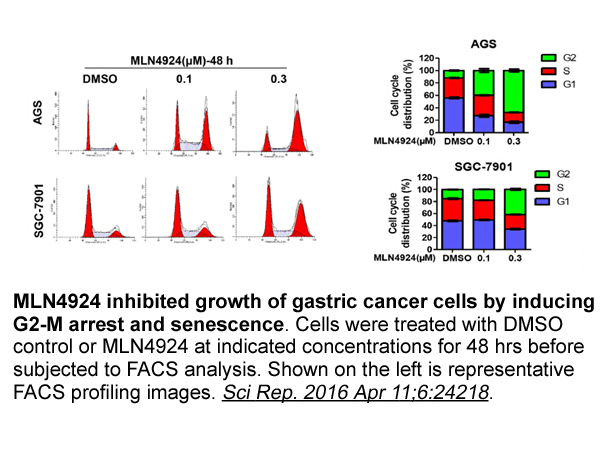Archives
Interpretation Our programme currently has six
Interpretation Our programme currently has six students enrolled in the programme and an additional three to four students will begin in March, 2016. We are also working with the Ministry of Health to expand our programme to the southern provinces of Lesotho and partnering with medical schools throughout southern Africa to promote Family Medicine training in the region. As the programme continues to expand, success will be measured by the proportion of Basotho medical students returning to Lesotho, retention rates of district physicians, and quality and comprehensiveness of health care provided at district hospitals.
Funding Kellogg Foundation, PEPFAR, and the Global Fund.
Declaration of interests
Abstract
Background The projection that by 2025, about 75% of cancer cases will be in the developing world is recognised by the WHO and the International Atomic Energy Agency. Radiation treatment machines (Cobalt-60 and linear accelerators) are critical for curative and palliative care. With an estimated global shortage of 5000 treatment machines, even commissioning one per week would require a century to solve the current shortfall. Despite, or possibly because of, these alarming statistics, there has been little concerted effort to solve the cancer care problem which is believed by some to be too expensive and overwhelming.
Methods The radiation oncology professional Tovok cost recognises the need for international education. A key impetus for addressing the capacity shortage is led by trainees and workers at the start of their careers, including in-country rotations. Given the enormity of the need, the not-for-profit International Cancer Expert Corps was established in 2013 to address the need for a sustainable, capable workforce using an innovative multisector, mentorship model that included the creation of a career path in altruistic service. The Global Task Force for Radiation for Cancer Control of the Union for International Cancer Control demonstrated a potential path forward for building radiation therapy capacity that has a positive outcome both economically and medically. The challenge is to engage potential stakeholders to establish cancer control programmes, including treatment.
Findings Bringing together ongoing efforts is critical and best done with formal collaborations between existing programmes, allowing for individual recognition and a range of approaches while keeping competition that can dissuade investment to a minimum. Partnerships are deve loping among: early stage career cancer experts committed to global health; experts in the private practice sector; organisations interested in supplying refurbished equipment; oncologists addressing health disparities among indigenous populations in resource-rich countries; retirees seeking opportunities to use their skills to help the underserved; linear accelerator manufacturers; and government agencies and foundations working to eliminate dangerous nuclear material, especially in unstable countries.
Interpretation Stakeholders from sectors not historically engaged in health care are forming unique partnerships with common goals and a willingness to address the challenge of global cancer care.
Funding None.
Declaration of interests
loping among: early stage career cancer experts committed to global health; experts in the private practice sector; organisations interested in supplying refurbished equipment; oncologists addressing health disparities among indigenous populations in resource-rich countries; retirees seeking opportunities to use their skills to help the underserved; linear accelerator manufacturers; and government agencies and foundations working to eliminate dangerous nuclear material, especially in unstable countries.
Interpretation Stakeholders from sectors not historically engaged in health care are forming unique partnerships with common goals and a willingness to address the challenge of global cancer care.
Funding None.
Declaration of interests
Abstract
Background Since 2013 medical students from Northwestern University (Chicago, IL, USA) have delivered a training programme for traditional birth attendants (parteras) in Oaxaca, Mexico. These training sessions are a collaboration between a US-based non-governmental organisation, Child and Family Health International (CFHI), local health-care workers, and the Mexican Ministry of Health. Barriers such as illiteracy, innumeracy, and non-traditional learning styles complicate the training of traditional birth attendants. Here, we evaluate the effectiveness of a verbally administered assessment to determine the effect of the Northwestern University programme on parteras\' self-reported knowledge and skills
Methods First-year and third-year US medical students, in collaboration with local health officials and CFHI, held a 4-day training programme for 32 parteras from rural Oaxaca. Training encompassed educational objectives from the Mexican Ministry of Health. Exercises included discussion, call and response, role-plays, and simulation of birth attendance. Evaluation included oral pre-test and post-test self-reported knowledge and task-specific ability related to the 12 programme-specific categories, as demarcated by participants using a written pictorial scale. Student and staff observations were recorded.
Findings Participants were receptive to the curriculum and the US medical students as teachers. Many parteras were illiterate, innumerate, and unfamiliar with the term “confidence”. For macrophages reason, questions were modified to assess perceived knowledge and skill. Participants reported increased knowledge and skill in all topics except nutrition and postpartum care, with significant improvement noted in five of 12 categories. Parteras were reluctant to apply lessons on evaluation and management of postpartum haemorrhage because of concerns about delaying referral.